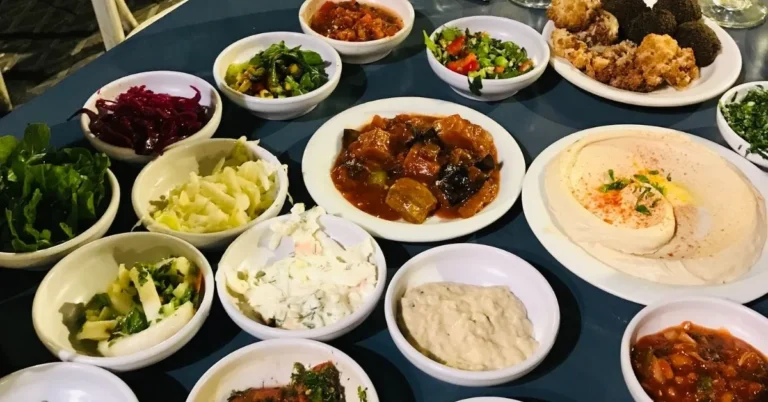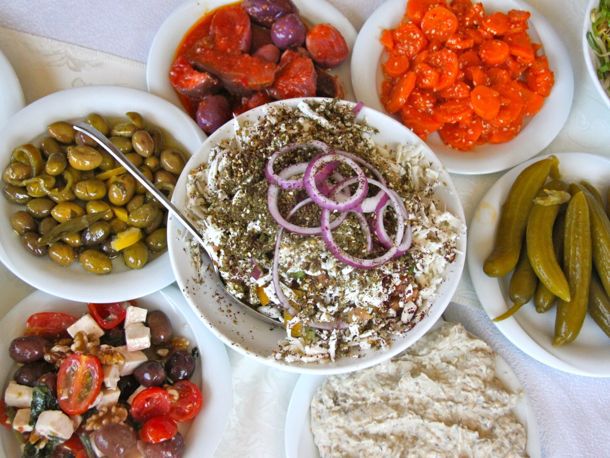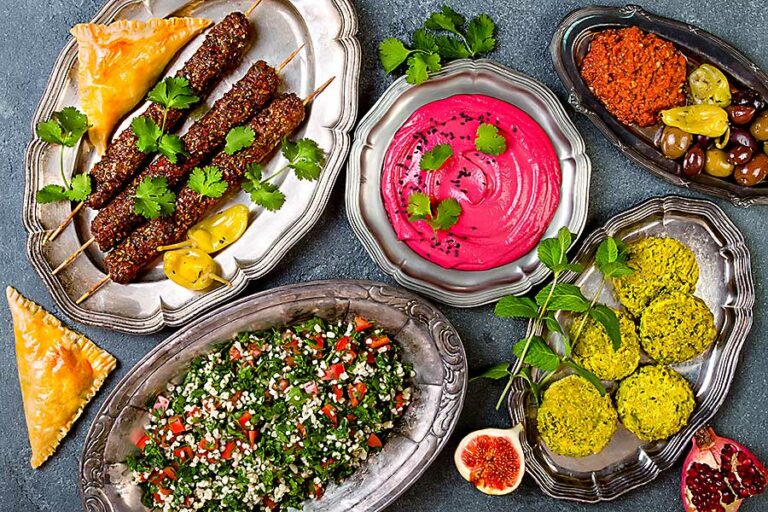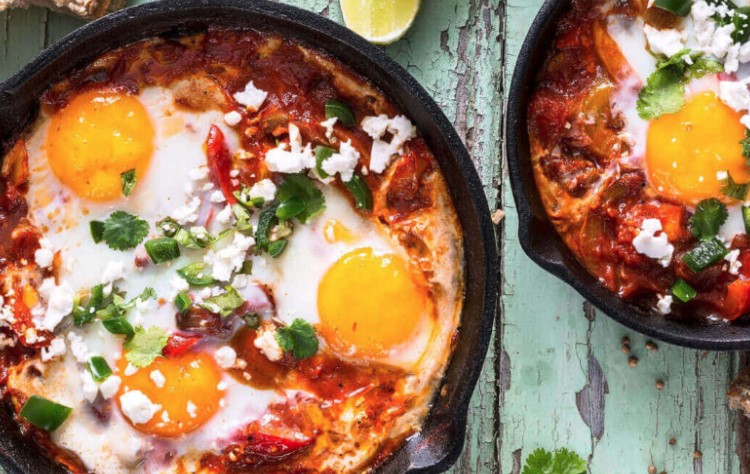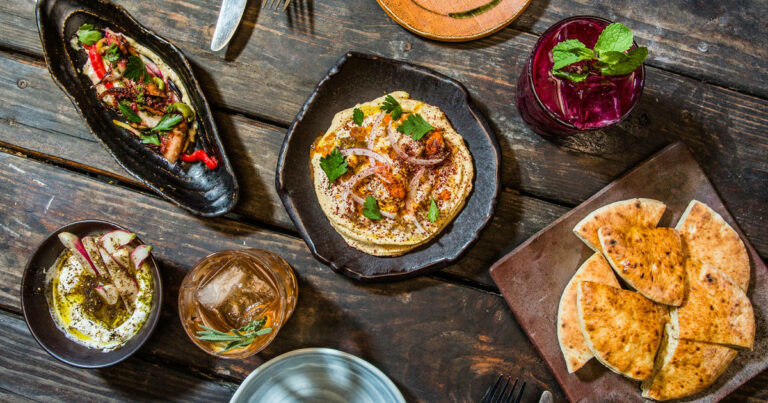The History of Israeli Street Food
Israeli street food has a rich history that can be traced back to the early 20th century when Jewish immigrants brought with them foods from their home countries. These early street vendors sold traditional foods such as falafel, shawarma, and hummus, which are still popular street food items today. Over the years, Israeli street food has evolved, incorporating influences from different cultures and regions, creating a unique culinary experience.
The Evolution of Israeli Cuisine
Israeli cuisine has come a long way since its early days of simple street food. In recent years, Israeli cuisine has gained popularity around the world, with many high-end restaurants serving modern Israeli dishes. The cuisine has evolved to include a mix of traditional and modern flavors, incorporating both local and international ingredients. The use of fresh produce, herbs, and spices is prominent in Israeli cuisine, creating a healthy and flavorful eating experience.
Street Food’s Impact on Modern Israeli Cuisine
Israeli street food has had a significant impact on modern Israeli cuisine, with street food vendors often being the first to experiment with new flavors and techniques. The popularity of street food has also led to an increase in demand for high-quality, fresh ingredients, which has helped drive the evolution of modern Israeli cuisine. Many high-end restaurants in Israel serve dishes inspired by street food, incorporating traditional flavors and cooking techniques to create unique and innovative dishes.
The Fusion of International Flavors
One of the most significant influences on modern Israeli cuisine has been the fusion of international flavors. Israel’s diverse population has brought with it a mix of culinary traditions, which has led to the creation of new and exciting dishes. Israeli chefs have incorporated flavors from Middle Eastern, Mediterranean, and North African cuisines to create a unique culinary experience. In recent years, Israeli cuisine has also been influenced by Asian and South American flavors, creating a fusion of global cuisines.
The Rise of High-End Street Food Restaurants
The popularity of street food has led to the rise of high-end street food restaurants in Israel. These restaurants serve elevated versions of classic street food dishes, using high-quality ingredients and innovative cooking techniques. The trend has become so popular that many high-end restaurants now have street food-inspired menus, offering a mix of traditional and modern dishes. These restaurants have helped to elevate the status of street food in Israel, making it a legitimate and respected culinary art form.
The Future of Israeli Street Food and Cuisine
The future of Israeli street food and cuisine looks bright, with a continued focus on fresh, healthy ingredients and innovative cooking techniques. The fusion of international flavors is likely to continue, creating new and exciting dishes that reflect Israel’s diverse population and culinary traditions. The popularity of high-end street food restaurants is also expected to grow, as more people seek out unique culinary experiences. Overall, Israeli cuisine is poised to continue evolving, incorporating new flavors and techniques while staying true to its roots.


